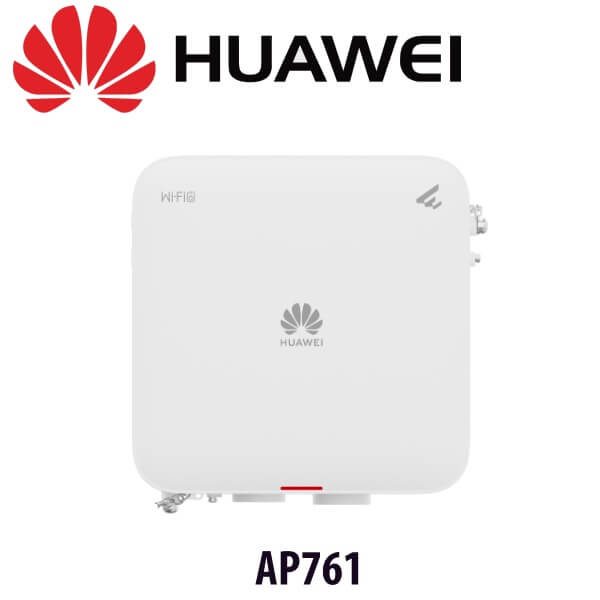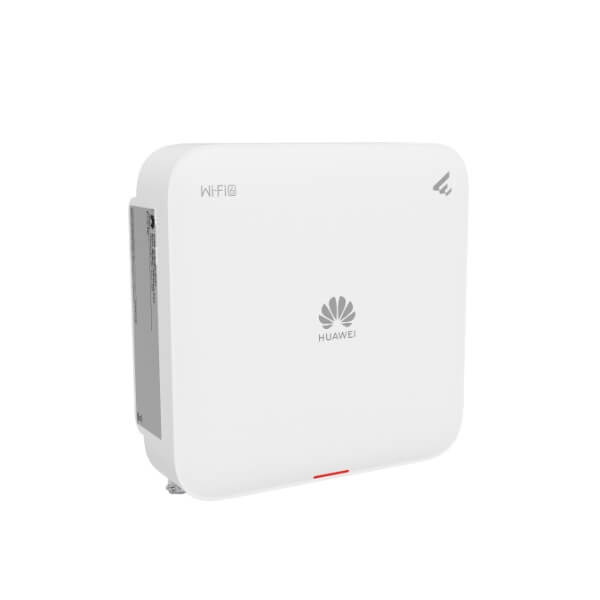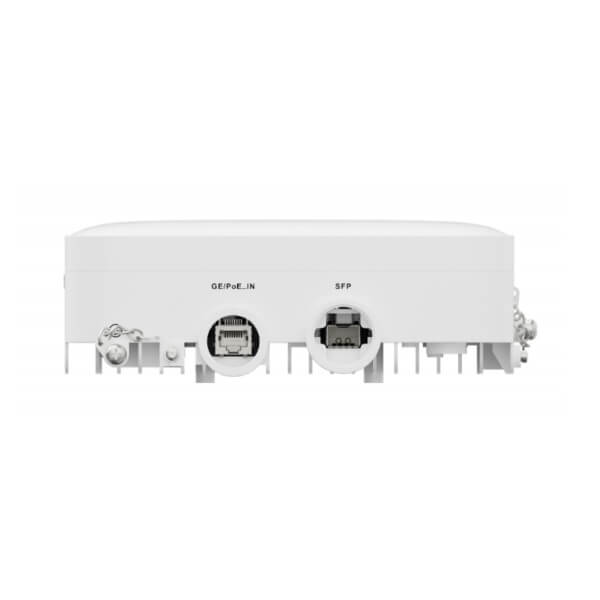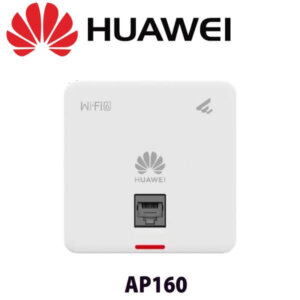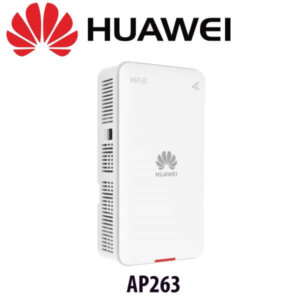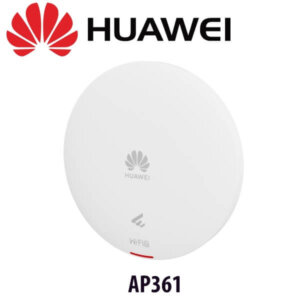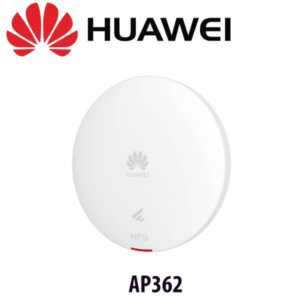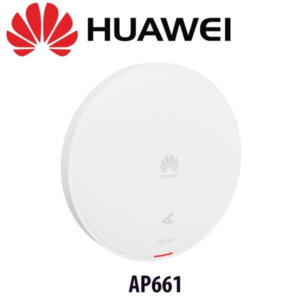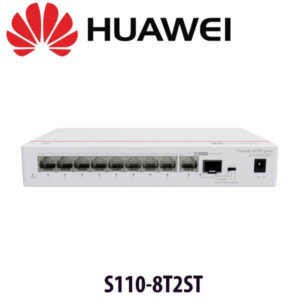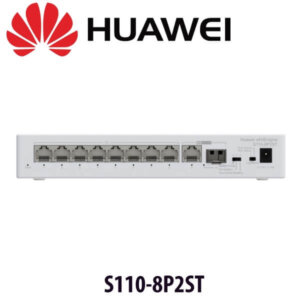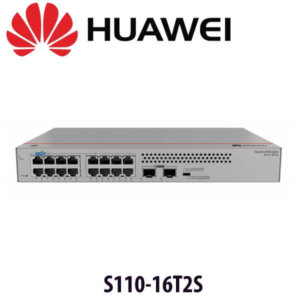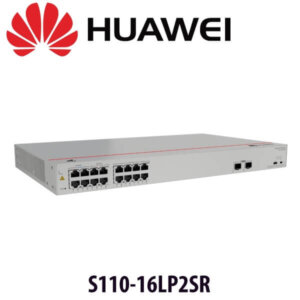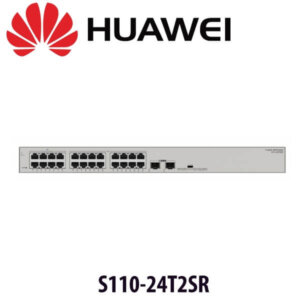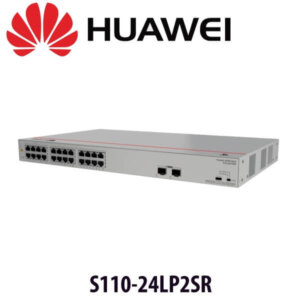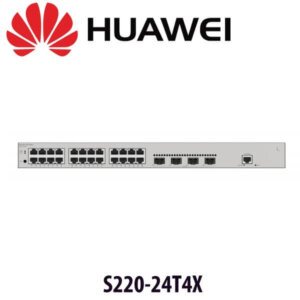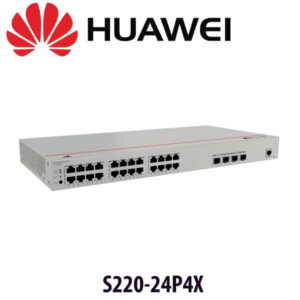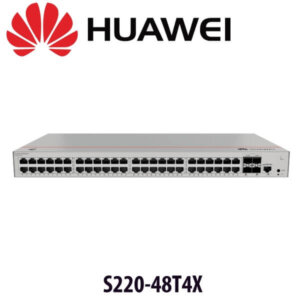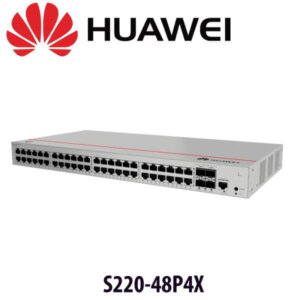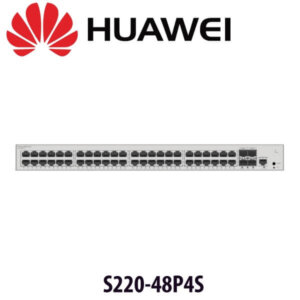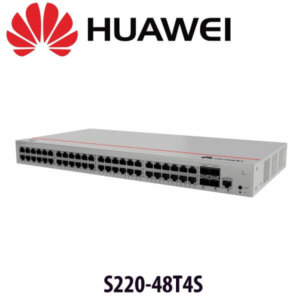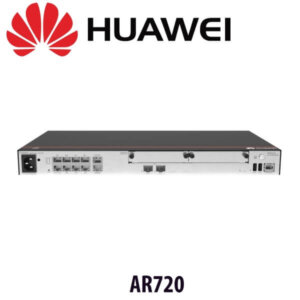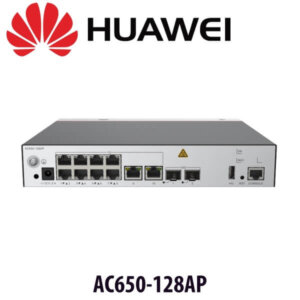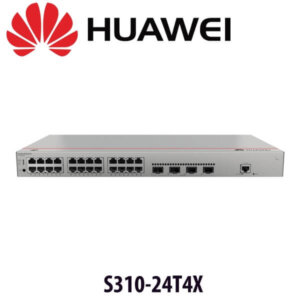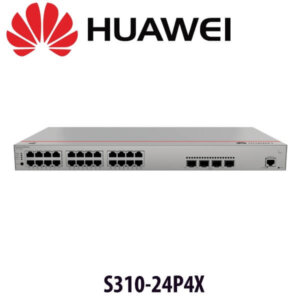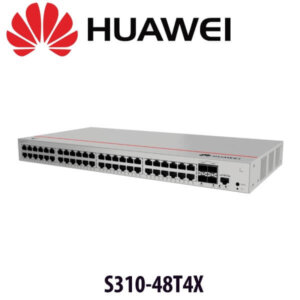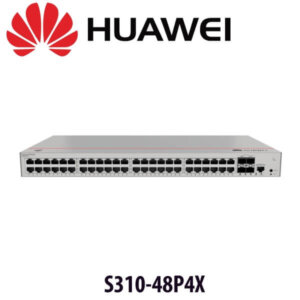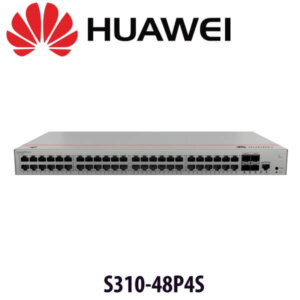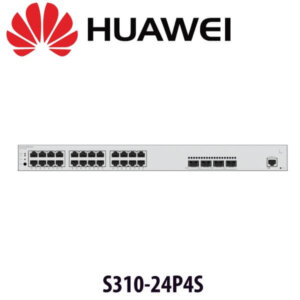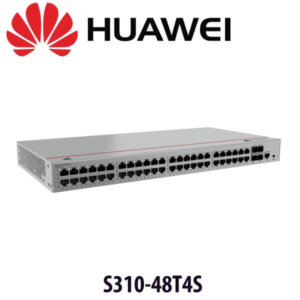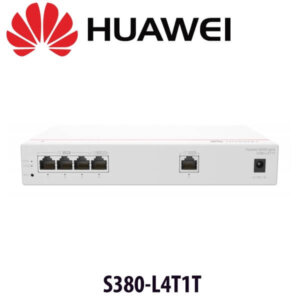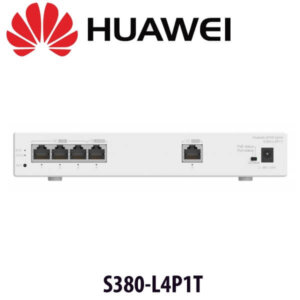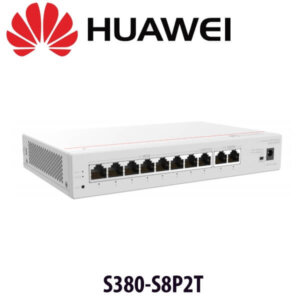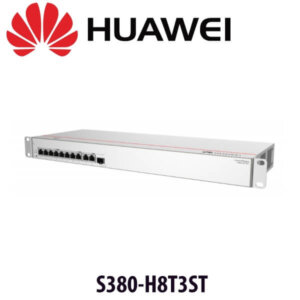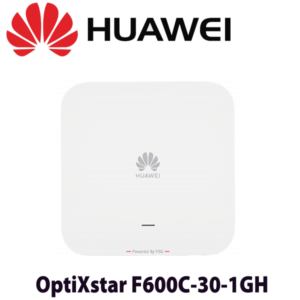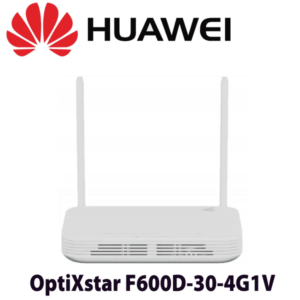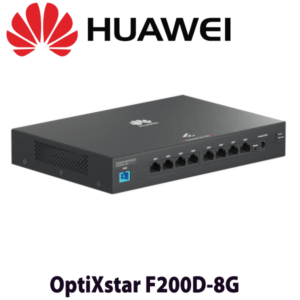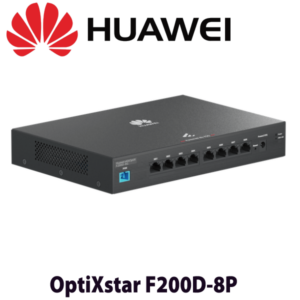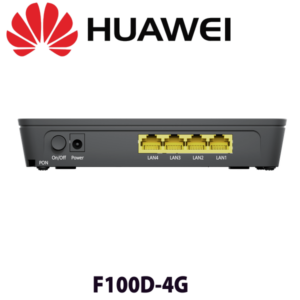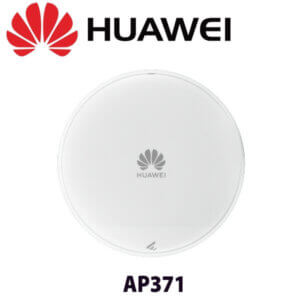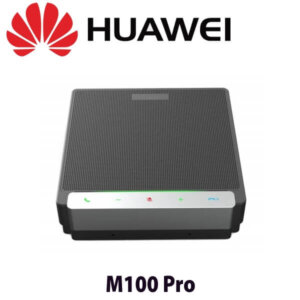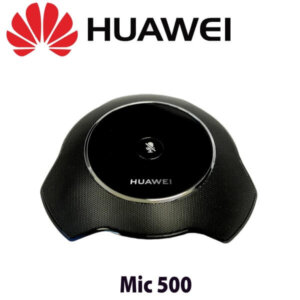Description
Huawei AP761 Access Point Kenya
The Huawei AP761 Kenya is a cutting-edge wireless access point (AP) that adheres to the latest Wi-Fi 6 standard. This advanced AP is uniquely capable of delivering services across three different frequency bands simultaneously: the 2.4 GHz band with 2×2 MIMO, one 5 GHz band with 2×2 MIMO, and an additional 5 GHz band with 4×4 MIMO. Its built-in smart antennas ensure robust and uninterrupted Wi-Fi signals, significantly enhancing the overall wireless network experience for users. This makes the Huawei AP761 Kenya an ideal solution for high-density environments, such as mobile offices, educational institutions, and large venues like stadiums, where reliable and high-performance wireless connectivity is essential.
Features
- The AP761 has built-in directional antennas and works simultaneously on the 2.4 GHz (2×2 MIMO) and 5 GHz (2×2 MIMO) frequency bands.
- 1 x GE electrical port + 1 x SFP optical port
- 6 kA surge protection for Ethernet ports, IP68 waterproof and dustproof level, and extended operating temperature range of –40°C to +65°C, meeting industrial-grade requirements
- Bluetooth serial interface-based O&M through the built-in Bluetooth module by collaborating with CloudCampus APP; collaboration with a location server to accurately locate Bluetooth terminals and tags
- Working modes: Fit, Fat, and cloud management
Technical Specifications
| Description | AP761(11ax outdoor,2+2 dual bands,built-in antenna,BLE) |
| Part Number | 02355VFB |
| Model | AP761 |
| First supported version | V200R023C10 |
| Installation Type |
|
| Dimensions without packaging (H x W x D) [mm(in.)] | 69 mm x 200 mm x 200 mm (2.72 in. x 7.87 in. x 7.87 in.) |
| Dimensions with packaging (H x W x D) [mm(in.)] | 160 mm x 470 mm x 390 mm (6.30 in. x 18.50 in. x 15.35 in.) |
| Weight without packaging [kg(lb)] | 1.91 kg (4.21 lb) |
| Weight with packaging [kg(lb)] | 3.73 kg (8.22 lb) |
| Storage | NAND Flash 512 MB |
| Console port | BLE console |
| Maximum power consumption [W] | 17.7 W |
| Maximum heat dissipation [BTU/hour] | 60.4 BTU/hour |
| Power supply mode | PoE |
| Input voltage range [V] | PoE: 802.3at/af |
| Service port surge protection | 6 kA in common mode |
| Maximum number of physical ports on the entire device | GE (RJ45) x 1, 10M/100M/1000M auto-sensing
GE optical port (SFP) |
| Long-term operating temperature [°C(°F)] | –40°C to +65°C (–40°F to +149°F) (From 1800 m to 5000 m [5905.51 ft. to 16404.20 ft.], the maximum temperature of the device decreases by 1°C [1.8°F] for every 300 m [984.25 ft.] increase in altitude.) |
| Storage temperature [°C(°F)] | –40°C to +85°C (–40°F to +185°F) |
| Long-term operating relative humidity [RH] | 0% RH to 100% RH |
| Long-term operating altitude [m(ft.)] | –60 m to +5000 m (–196.85 ft to +16404.20 ft) |
| Atmospheric pressure [kPa] | 53kPa – 106kPa ETSI 300 019-2-3 |
| Ingress protection level (dustproof/waterproof) | IP68 |
| Ground | Ground |
| Antenna port surge protection [kA] | N/A |
| Wind resistance | 67 m/s |
| BLE | BLE5.2 |
| Radio number | 2 |
| Operating frequency band |
|
| MIMO spatial streams | Radio 0 (2.4 GHz): 2×2
Radio 1 (5 GHz): 2×2 |
| Wi-Fi standard | 2.4 GHz: 802.11b/g/n/ax
5 GHz: 802.11a/n/ac/ac Wave 2/ax |
| Radio interface | Built-in directional antennas |
| Antenna gain | 2.4G: 10 dBi
5G: 11 dBi BLE: 5 dBi |
| Beamwidth of the built-in antenna [degrees] | 2.4 GHz:
5 GHz:
|
| Maximum transmit power | 2.4G: 28 dBm (Max)
5G: 27 dBm (Max) NOTE: This is the total MIMO radio power, which is the same as: 2.4G: 25 dBm/chain (Max) 5G: 24 dBm/chain (Max) BLE: < 10 dBm |
| Singal radio transmit power [dBm] | 2.4G: -10 dBm to 25 dBm/chain
5G: -10 dBm to 24 dBm/chain |
| MTBF [year] | 123 year |
| MTTR [hour] | 0.5 hour |
| Frequency stability [ppm] | +/-20 |
| 802.3bt power supply description | No function is limited. |
| 802.3at power supply description | No function is limited. |
| 802.3af power supply description | Wi-Fi: 2.4 GHz (2×2) + 5 GHz (2×2). The maximum combined power is adjusted to 23 dBm (2.4 GHz) and 23 dBm (5 GHz).
Wired network port: The SFP optical port and GE/PoE_IN work as combo ports, and only one of them is working at a time. If both of them are enabled, the optical port takes effect preferentially. |


